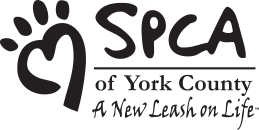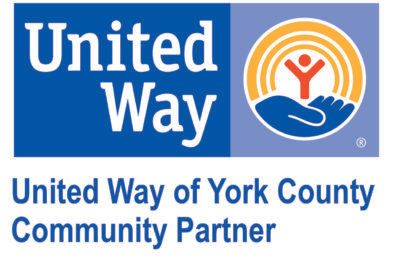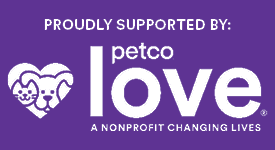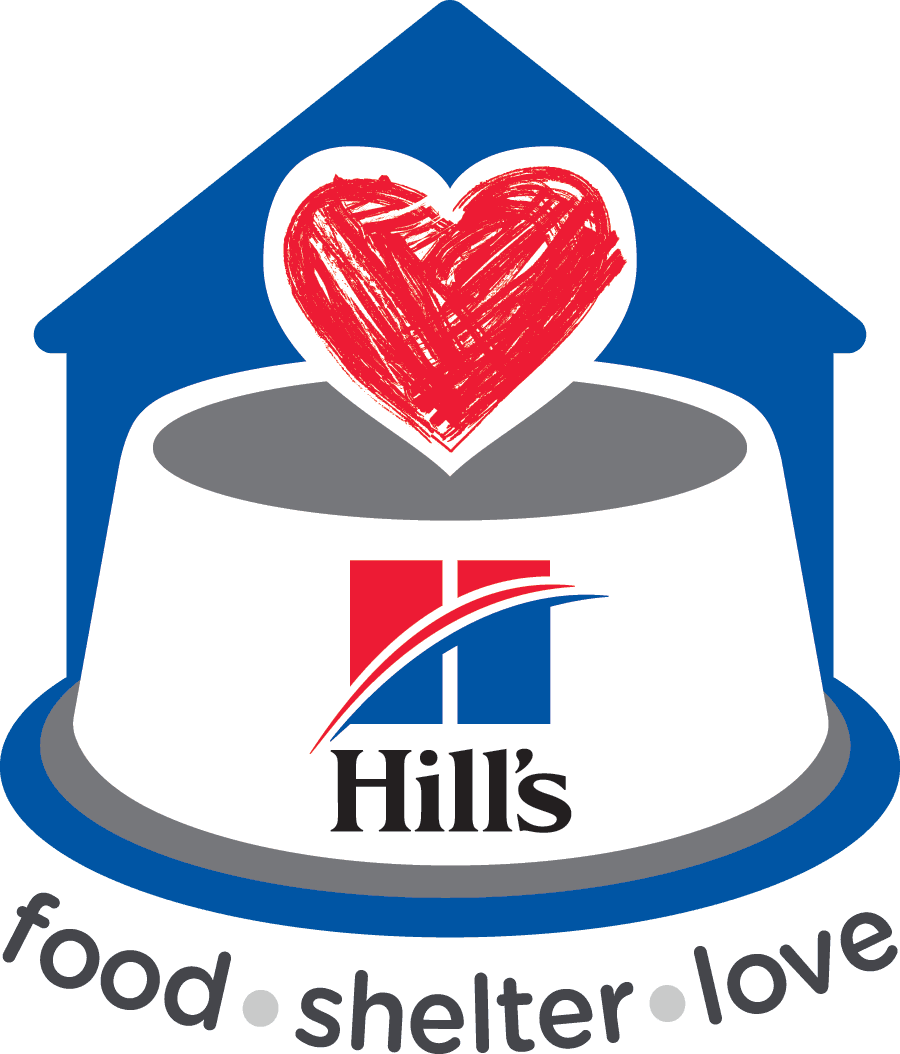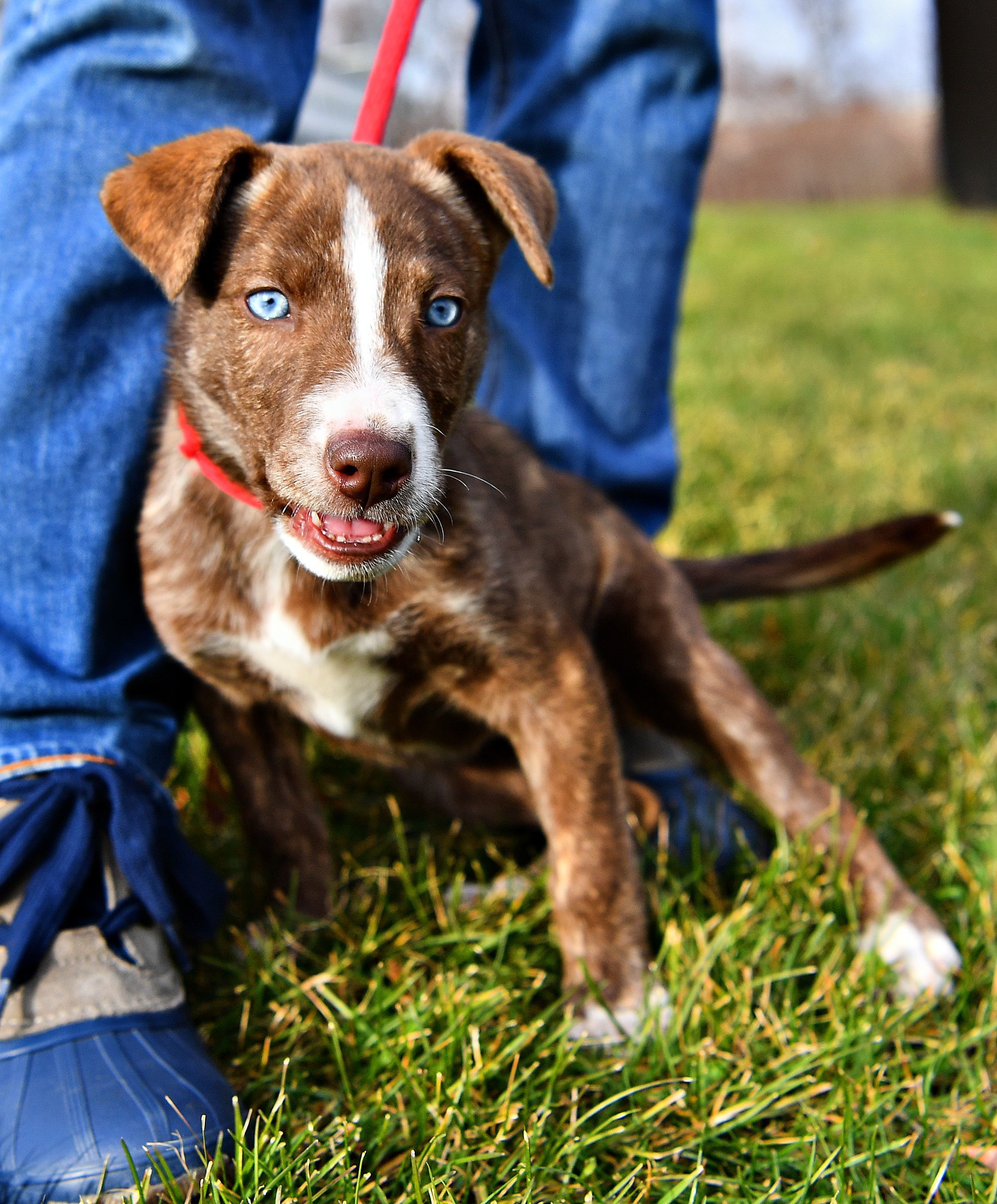
Question: How do I improve my dog’s recall? She is a little under one year old and has picked up other commands easily, but we’re struggling with this one. When we’re inside, she will almost always come when called. But outside, she only responds sometimes, even with treats involved. Any advice would be appreciated!
Answer: Dogs often do respond when called while indoors perhaps because there are fewer distractions, they are naturally closer to us, or perhaps because we called them for something rewarding like being fed or going for a walk. However, teaching a solid recall behavior is a process that takes planning, time, and repetition.
A reliable recall starts in the house where the distractions are minimized.
Think about what might motivate your dog to come when called. What kind of food are you using? Kibble might be fine for meals, but when you try to teach your dog something as necessary as a recall, you may need to use really yummy food such as cheese, chicken, liver, or beef – something reserved just for training.
Next, find rewards other than food. Does she like toys? If so, use favorite ones to play with her when she comes when called. Does she like to chase? If so, run away even a few feet and let her chase you. You can also teach her to touch your hand with her nose and that can be a reward. In other words, make coming to you fun! Hide somewhere and call your dog. When she finds you, have a party! You and another family member can be at different spots (at first not too far from each other) and take turns calling her. She can ping pong back and forth between you. Back up about two feet whenever you call her and gradually increase that distance as she is successful. Above all, celebrate and praise her every time. It is fine to use high value treats or toys every time in the beginning.
Recalls outside are much more challenging because there are more interesting things to smell, hear, and see. Plus, we often call our dogs because we want them to come back into the house, something a dog may want to avoid. Until you are sure she will come when called, your dog needs to be on a leash so you can help her. Stand close to her when you first start practicing recalls so that she can more easily respond correctly when called.
The recall games you played indoors can be played outdoors (on leash at first). You need to repeatedly call her for fun things, not just when you want her to come inside. At first, it is fine to use food rewards and toys every time, but eventually they need to be varied and used randomly. If the dog gets that kind of reward every time, the reward may lose its value and, of course, there will be times when you do not have food or a toy. However, the idea is to build up such a history of rewards that when you begin to reward randomly, the dog will not lose motivation. If your dog never really knows when a reward is coming, she will be more likely to come to you to see if this is a time that she will get the yummy treat. However, always praise her for coming to you as well as giving her pets if that is something with which she is comfortable. Start the praise as soon as she turns to you and begins to come because that will further encourage her. If you call her, and she does not come on the first call, go to her, take the leash, and happily guide her towards you as you back up. Even when you are frustrated with your dog for not coming, act as though you’re thrilled with her. Many people successfully use a unique happy tone which they use only for their recall.
Every time you call and she finds she does not have to come, she will be less motivated to come back the next time. Your job is to make coming to you the most fun thing she did all day. Even after your dog gets really good at this, a solid recall is a skill that should be practiced on a regular basis throughout your dog’s life to keep the skill strong.
Deb Byloff and Cathy Hivner have been training dogs for two decades and have partnered with the York County SPCA for the last 16 years helping to teach our community to better understand their dogs. Both work and train their own dogs at Papillonia Dog Training Academy.
